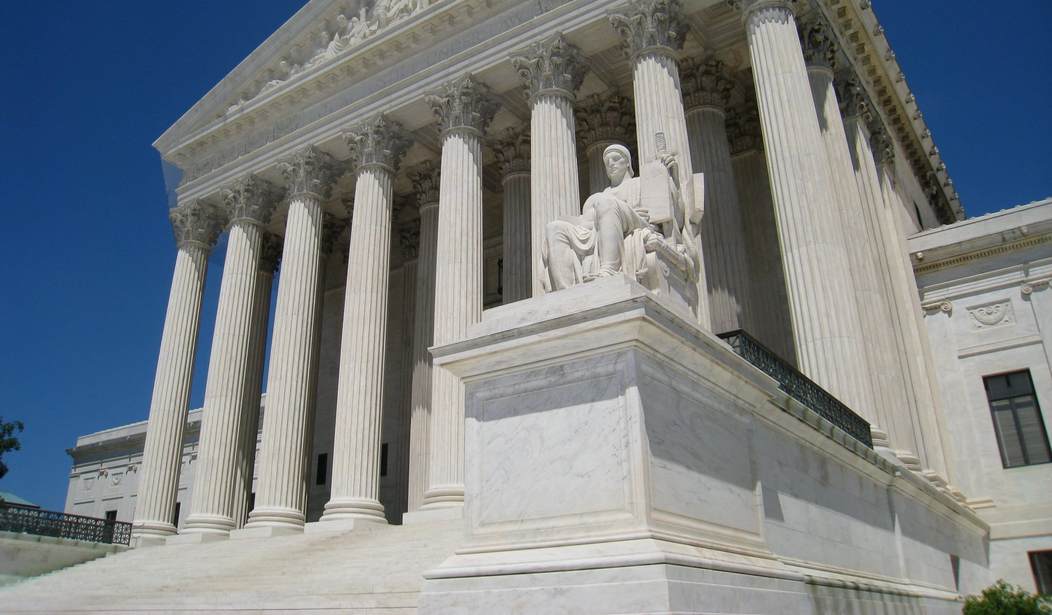On Monday, the U.S. Supreme Court refused to take up a challenge to a Kentucky law requiring abortionists to perform an ultrasound and describe the unborn baby to the mother before killing him or her. The 6th Circuit Court of Appeals had upheld the law in the case EMW Women’s Surgical Center v. Meier (2019), but the American Civil Liberties Union (ACLU) asked the Supreme Court to reconsider. The Court rejected the appeal without comment on Monday. No justices dissented from the decision not to hear the case.
The Court’s ruling will allow the Kentucky law to go into effect. Under the law, abortionists must perform an ultrasound, describe the baby’s appearance, and play the baby’s heartbeat for the mother before killing the baby.
“Today the Supreme Court let Kentucky’s informed consent law stand – a move that affirms common sense, transparency, and the democratic process,” Andrea Picciotti-Bayer, legal advisor for The Catholic Association, said in a statement celebrating the ruling. “Rather than keep women in the dark, Kentucky requires all medical professionals (including abortionists) to disclose vital information related to a woman’s pregnancy and her developing child. Women deserve to know all the facts before making such a consequential decision.”
The ACLU lamented the decision. “By refusing to review the 6th Circuit’s ruling, the Supreme Court has rubber-stamped extreme political interference in the doctor-patient relationship,” Alexa Kolbi-Molinas, senior staff attorney at the ACLU Reproductive Freedom Project, said. “This law is not only unconstitutional, but as leading medical experts and ethicists explained, deeply unethical.”
The ACLU argued that the law violates abortionists’ First Amendment rights by forcing them to show their patients images they do not wish to see.
Yet Kentucky has argued the law is a “simple and straightforward” part of an informed-consent process. The law “does nothing more than require that women who are considering an abortion be provided with information that is truthful, non-misleading and relevant to their decision of whether to have an abortion.”
Lila Rose, founder and president of the pro-life group Live Action, celebrated the ruling as a win for life.”When women have the chance to see the humanity of their child & hear their heartbeat, many reject the violence of abortion. This is a great win for Kentucky & our nation,” she tweeted.
BREAKING:
The Supreme Court has allowed Kentucky's ultrasound requirement law to go into effect!
When women have the chance to see the humanity of their child & hear their heartbeat, many reject the violence of abortion.
This is a great win for Kentucky & our nation.
— Lila Rose (@LilaGraceRose) December 9, 2019
The law, signed by Republican Gov. Matt Bevin and defended by Lt. Gov. Andy Beshear — a Democrat and now the governor-elect — will likely result in fewer babies put to death in abortion, but Kentucky has a good point when it comes to informed consent. Studies have shown that women suffer physically and spiritually from abortion. Worse, nearly 75 percent of the women surveyed said their decision to abort was subject to pressure from others — parents, boyfriends, or husbands. More than 58 percent said they aborted their baby to make others happy, and almost 30 percent said they made the decision from fear of losing their partner if they did not.
Women often feel pressured to make the decision to kill their babies, and that decision does them serious long-term harm. Any law requiring abortionists to cite those statistics would be far more vulnerable to First Amendment challenges, but a law requiring an abortionist to show a mother the true state of her baby is far easier to defend on informed-consent grounds.
Marjorie Dannenfelser, president of the Susan B. Anthony List, rightly noted that “modern ultrasound technology opens an unprecedented window into the womb, providing undisputable evidence of the humanity of the unborn child.”
With the Supreme Court’s somewhat conservative majority following the confirmation of Justice Brett Kavanaugh, states are preparing legal challenges to the abortion decision Roe v. Wade (1973). Yet the Court seems unlikely to directly overturn Roe. Instead, cases like this one set different kinds of precedents, allowing states to regulate abortion.
While the Court did not take up this Kentucky case, it has taken up June Medical Services v. Gee, a challenge to a Louisiana law requiring abortion clinics to get hospital admitting privileges. That provision, intended to protect the health of women seeking abortion, is broadly popular.
Follow the author of this article on Twitter at @Tyler2ONeil.









Join the conversation as a VIP Member